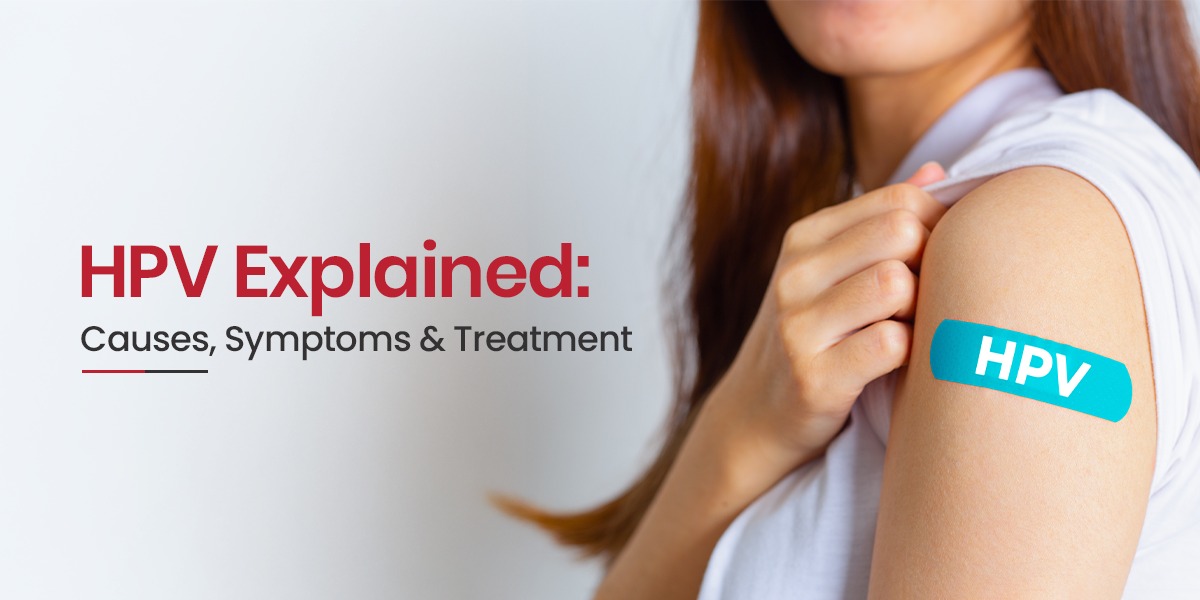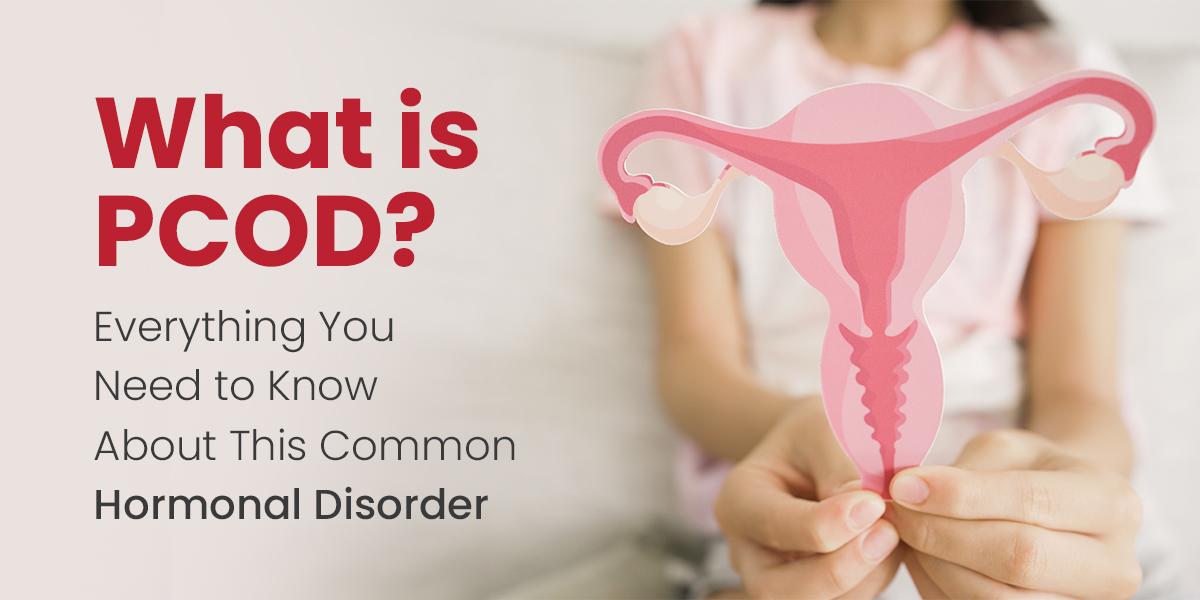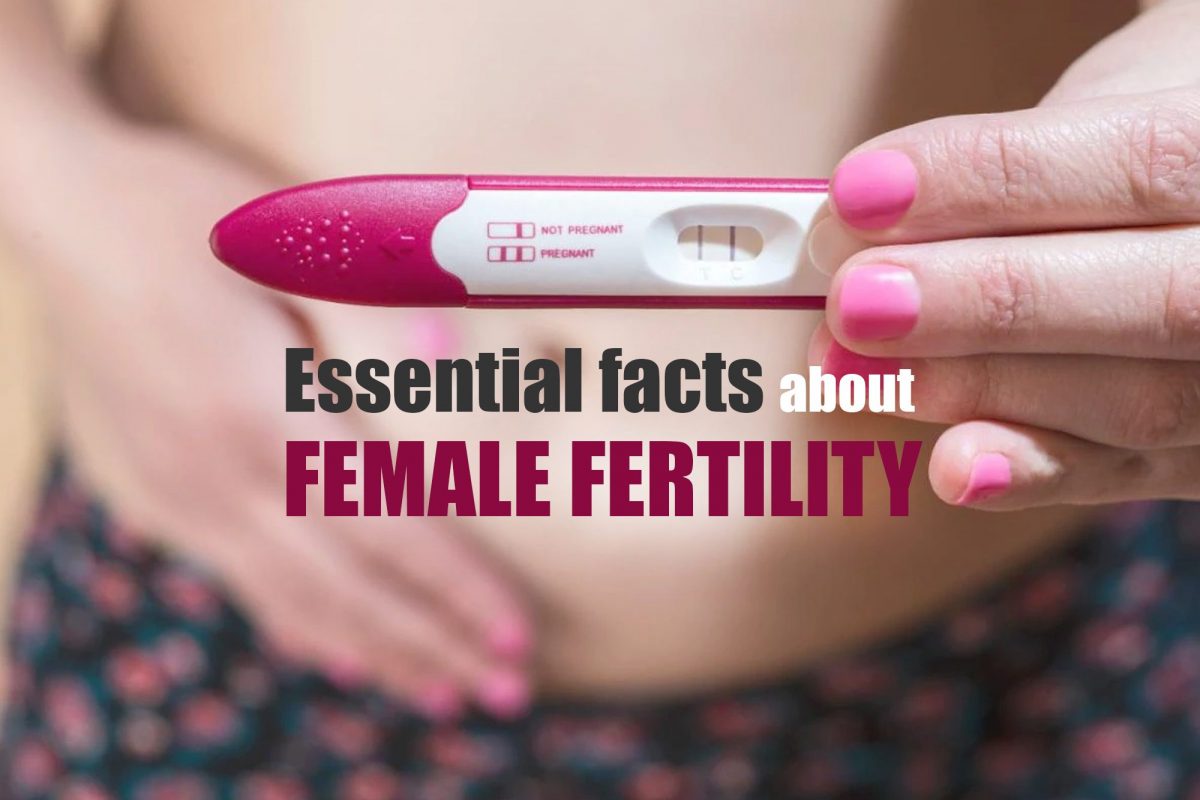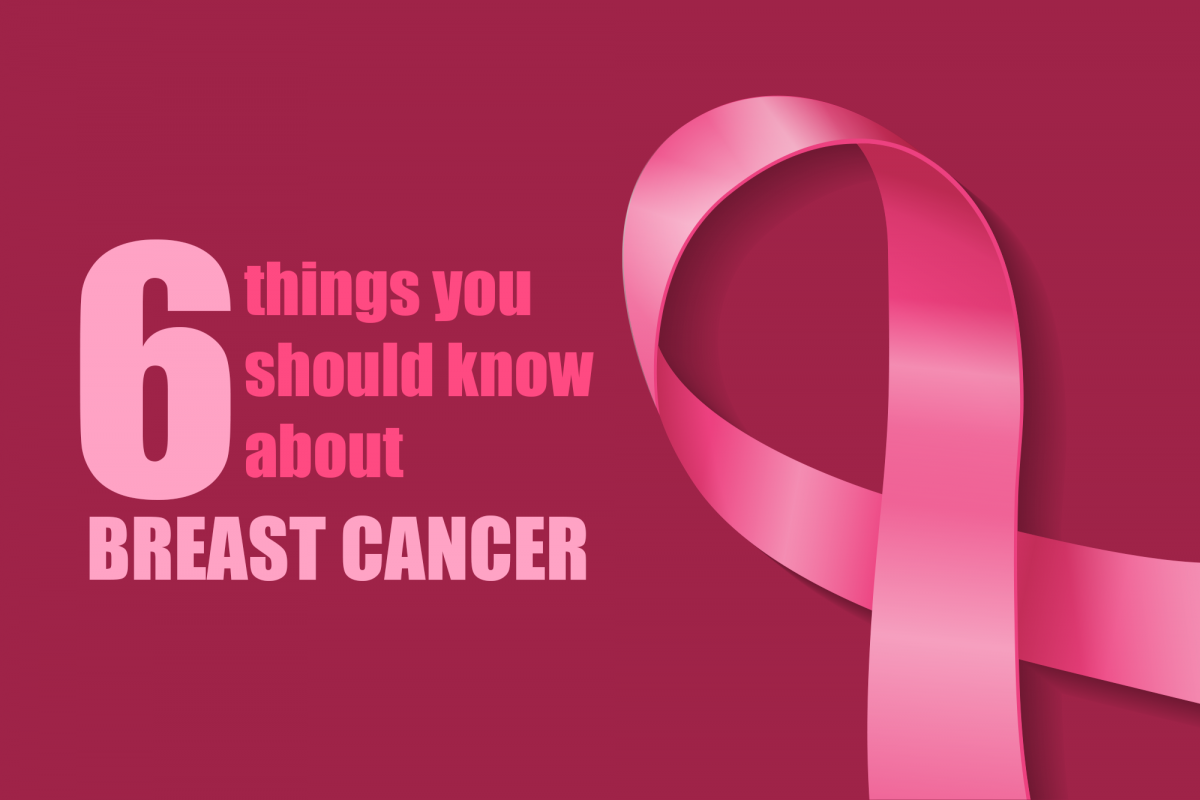Menstruation is a natural biological process, yet many women still follow outdated or incorrect practices during their periods. Maintaining proper menstrual hygiene is essential for preventing infections, staying comfortable, and protecting long-term reproductive health. With the right knowledge and habits, periods can be managed safely and confidently. This menstrual hygiene blog explains why hygiene during menstruation matters, what practices are recommended today, and how small daily steps can make a big difference.
Blogs
HP (Human Papillomavirus) is one of the most common sexually transmitted infections worldwide. It affects all genders; its impacts on women’s health are significant. In case of persistent infection, it can lead to genital warts and certain types of cancer. Because many HPV infections show no symptoms, women may be unaware they are affected until any complications arise. Here, we’ll understand HPV, its symptoms, causes, risk factors, and treatment to help you maintain long-term health.
Menstruation is a natural part of a woman's life. But what happens when your period goes from a predictable to an unmanageable one? Heavy or prolonged bleeding is a medical condition known as Menorrhagia. Heavy periods can be common. Menorrhagia is severe bleeding. It interferes with your daily life and works like a trigger that you need a doctor.
Periods, also known as menstrual cycles, are an essential part of women’s reproductive health. It typically occurs every 21 to 35 days, with each cycle lasting about 3 to 7 days. However, many women experience irregularities in this process where either the flow is inconsistent or the length of the cycle varies.
Polycystic Ovary Syndrome (PCOS) is a widely prevalent hormonal imbalance found among women of reproductive age. It comprises a variety of symptoms and health complications that significantly impact one's daily life.
Menopause is a natural biological stage in a woman’s life that typically occurs between the ages of 45 and 55. It marks the end of menstrual cycles and fertility. While it is a normal part of aging, menopause can bring a range of physical and emotional changes due to declining levels of estrogen and progesterone. Recognizing the symptoms and knowing how to manage them can greatly improve quality of life during this transition.
Polycystic Ovary Disease (PCOD) or Polycystic Ovary Syndrome (PCOS) often cause confusion due to their similar names and overlapping symptoms. While we’ll delve into the differences between the two later, let’s first explore PCOD.
Endometriosis is a disorder in which tissue similar to the tissue that forms the inner lining of your uterus grows outside of your uterine cavity. The lining of your uterus is called the endometrium. It most commonly involves your ovaries, fallopian tubes, and the tissue lining your pelvis. Rarely, endometrial tissue may spread beyond pelvic organs.
Fertility for women is defined as the ability to conceive children. Every couple trying to conceive should be aware of some essential facts about reproduction and female fertility because correct knowledge will empower them to take the right decisions regarding their reproductive health.
Breast cancer is one of the most common cancer among women in India. But the good news is that breast cancer isn’t what it was years ago. Survival rates of breast cancer cases are higher now. Thanks to greater awareness, early detection, and advances in treatment.

 Call-an-Ambulance
Call-an-Ambulance













